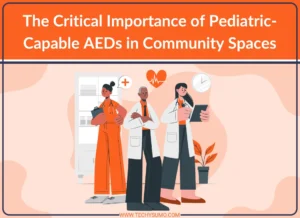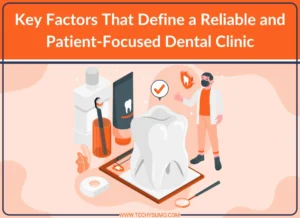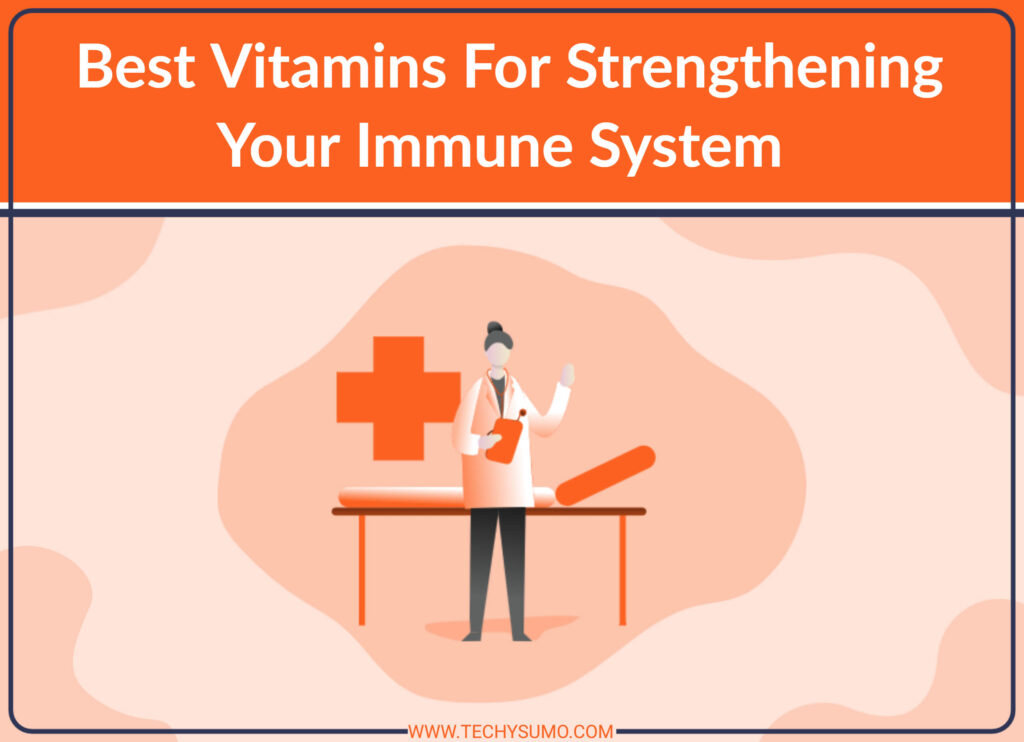When someone you love is struggling with mental health, it affects the whole family. It’s easy to feel lost, unsure of what to do, or how to help truly. That’s where family-centered programs at mental health facilities make a big difference. These programs bring families into the healing process, creating a safe space to learn, connect, and grow together.
More than just therapy sessions, they offer tools that strengthen relationships and provide long-term support. With the right guidance, families become a powerful part of the recovery journey, helping their loved ones heal and building resilience that lasts well beyond treatment
Table of Contents
- Family-Centered Mental Health Care in Fallbrook, California
- Understanding Family-Centered Programs in Mental Health Care
- Benefits of Family-Centered Programs for Mental Health Recovery
- How Mental Health Facilities Implement These Programs
- Overcoming Challenges in Family-Centered Care
- Common Questions About Family-Centered Mental Health Programs
- Building Stronger Communities Through Family Support
Family-Centered Mental Health Care in Fallbrook, California
Fallbrook, California, represents a community where innovative approaches to mental health care are making real differences in people’s lives. This charming North County San Diego community has seen significant growth in comprehensive care options that prioritize family involvement. A mental health facility in Fallbrook, CA can provide these specialized programs that recognize families as essential partners in the healing process, not just observers on the sidelines.
The shift toward including families in treatment represents a fundamental change in how we understand mental health recovery. Rather than focusing solely on individual therapy sessions, these programs recognize that healing happens within relationships and community connections. They create structured ways for families to participate meaningfully in their loved one’s journey toward wellness.
Understanding Family-Centered Programs in Mental Health Care
Family-centered programs represent a collaborative approach that transforms traditional mental health treatment. These programs recognize that mental health challenges don’t exist in isolation, they affect entire family systems and require comprehensive solutions.
Also Read
What Makes These Programs Different
Unlike traditional approaches that might limit family involvement to occasional updates, family-centered programs make families active participants in treatment planning.
They provide education about mental health conditions, teach coping strategies, and create opportunities for open communication. These programs understand that families often serve as the primary support system long after professional treatment concludes.
The difference lies in the philosophy. Instead of treating family members as potential obstacles or sources of stress, these programs view them as valuable resources and partners. They recognize that family members often have unique insights into their loved one’s needs, triggers, and strengths that can inform more effective treatment approaches.
Core Components of Effective Programs
Successful mental health facility programs typically include several key elements. Family education sessions help relatives understand mental health conditions, their symptoms, and evidence-based treatment approaches. These sessions reduce stigma and fear while building confidence in family members’ ability to provide meaningful support.
Communication training forms another crucial component. Many families struggle with how to talk about mental health challenges without causing conflict or shutdown. These programs teach practical skills for having difficult conversations, setting boundaries, and expressing concern without judgment.
Building Trust Through Collaboration
Trust develops when families feel heard and valued as part of the treatment team. This means including family perspectives in treatment planning, respecting cultural values and preferences, and acknowledging the expertise that comes from loving someone through difficult times.
Regular family meetings create structured opportunities for this collaboration. These aren’t just information-sharing sessions but genuine working meetings where families contribute to goal-setting and problem-solving. This collaborative approach builds stronger relationships between families and treatment providers while empowering families to continue supporting recovery at home.
Benefits of Family-Centered Programs for Mental Health Recovery
The advantages of involving families in mental health support extend far beyond the treatment facility walls, creating ripple effects that strengthen entire communities.

Strengthening Communication Pathways
One of the most significant benefits involves improved communication within families. Mental health challenges often create barriers to open, honest conversation. Family members might avoid certain topics out of fear or uncertainty about how to respond appropriately.
Family-centered programs offer safe spaces for practicing these conversations with professional guidance. Families learn to express concerns without blame, listen without trying to fix everything, and recognize when to seek additional help. These communication skills benefit all family relationships, not just those related to mental health.
The programs also help families understand different communication styles and preferences. Some people process emotions internally before sharing, while others need to talk through their thoughts immediately. Understanding these differences reduces misunderstandings and conflict.
Creating Lasting Support Networks
These programs don’t just strengthen individual families; they often connect families facing similar challenges. Support systems for families develop naturally when people share experiences and learn from each other’s successes and setbacks.
Many programs include peer support components where families can meet others navigating similar journeys. These connections often continue long after formal program participation ends, creating lasting networks of mutual support and understanding.
Community mental health improves when families feel connected and supported. Strong family support systems reduce the likelihood of crises and help identify potential problems before they become emergencies.
Improving Treatment Outcomes
Research consistently shows that family involvement improves treatment outcomes across various mental health conditions. When families understand treatment goals and learn how to support them at home, progress often accelerates and lasting change becomes more likely.
Families learn to recognize early warning signs of symptom changes, understand when to encourage professional help, and provide consistent support for healthy coping strategies. This creates continuity between professional treatment and daily life that significantly enhances recovery prospects.
How Mental Health Facilities Implement These Programs
Successful implementation of family-centered programs requires thoughtful planning, adequate resources, and commitment from all levels of the organization.
Staff Training and Development
Mental health professionals need specialized training to work effectively with families. This goes beyond individual therapy skills to include group facilitation, family systems understanding, and cultural competency.
Staff members learn to navigate complex family dynamics, manage multiple perspectives during family meetings, and balance individual client confidentiality with family involvement. They also develop skills for addressing resistance, whether from clients who prefer individual treatment or family members who feel overwhelmed by participation expectations.
Ongoing training ensures staff stay current with best practices and research developments. Many facilities invest in specialized certifications for family therapy or evidence-based family intervention models.
Creating Family-Friendly Environments
Physical spaces matter when encouraging family participation. Mental health facility programs need comfortable meeting areas that accommodate various family sizes and provide privacy for sensitive conversations.
Scheduling flexibility becomes crucial since family members often have work, school, and other commitments. Many successful programs offer evening or weekend sessions, virtual participation options, and childcare assistance when needed.
Cultural considerations influence environmental design as well. Facilities serving diverse communities ensure their spaces feel welcoming to people from different backgrounds and that staff can communicate effectively across language barriers.
Coordinating Care Across Teams
Effective family-centered care requires coordination among various professionals who might be involved in someone’s treatment. This includes therapists, psychiatrists, case managers, and sometimes medical providers or school personnel.
Regular team meetings ensure everyone understands family goals and concerns. Clear communication protocols prevent families from receiving conflicting information or having to repeat their stories multiple times to different providers.
Technology often supports this coordination through secure messaging systems, shared treatment planning platforms, and scheduling tools that help families stay connected with their entire care team.
Overcoming Challenges in Family-Centered Care
While family-centered programs offer significant benefits, implementation isn’t without challenges that require thoughtful solutions.
Addressing Privacy Concerns
Balancing individual privacy rights with family involvement requires careful navigation. Adults have the right to control who receives information about their mental health treatment, even when family members are deeply concerned and want to help.
Successful programs address this through clear consent processes, graduated levels of family involvement, and ongoing conversations about privacy preferences. They help clients understand the potential benefits of family involvement while respecting their autonomy to make these decisions.
Some facilities develop family support programs that provide education and support to relatives without requiring detailed information sharing about the individual’s specific treatment progress.
Managing Different Family Dynamics
Not all families function well together, and some family relationships might contribute to mental health challenges rather than supporting recovery. Programs need strategies for working with complex family situations.
This might involve working with selected family members rather than the entire family system, addressing family conflict as part of treatment, or connecting families with additional resources for relationship improvement.
Staff training includes recognizing signs of family dysfunction, domestic violence, or other situations where standard family involvement approaches might not be appropriate or safe.
Building Sustainable Programs
Mental health support programs require ongoing resources and institutional commitment to remain effective over time. This includes adequate staffing, appropriate space, and administrative support for the additional coordination these programs require.
Funding challenges affect many mental health facilities, making it difficult to maintain comprehensive family programming. Successful facilities often develop multiple funding streams, demonstrate program effectiveness through data collection, and advocate for policy changes that support family-centered approaches.
Common Questions About Family-Centered Mental Health Programs
1. How do these programs respect individual privacy while involving families?
Programs use clear consent processes and graduated involvement levels, allowing individuals to control information sharing while still benefiting from family support and education opportunities.
2. What if family relationships are part of the mental health problem?
Skilled professionals can address family conflict as part of treatment, work with selected family members, or connect families with relationship counseling resources alongside mental health support.
3. Do these programs work for all types of mental health conditions?
Family-centered approaches have shown effectiveness across various conditions, though specific program components may be adapted based on individual needs, symptoms, and family circumstances.
Building Stronger Communities Through Family Support
Family-centered programs at mental health facilities represent more than just another treatment approach, they’re investments in community resilience and long-term wellness. When families feel equipped to support their loved ones through mental health challenges, everyone benefits from stronger, more connected communities.
The evidence is clear: involving families in mental health care creates better outcomes for individuals while strengthening the support networks that sustain recovery long after formal treatment ends. Perhaps most importantly, these programs remind us that healing happens in relationships with others, not in isolation.






